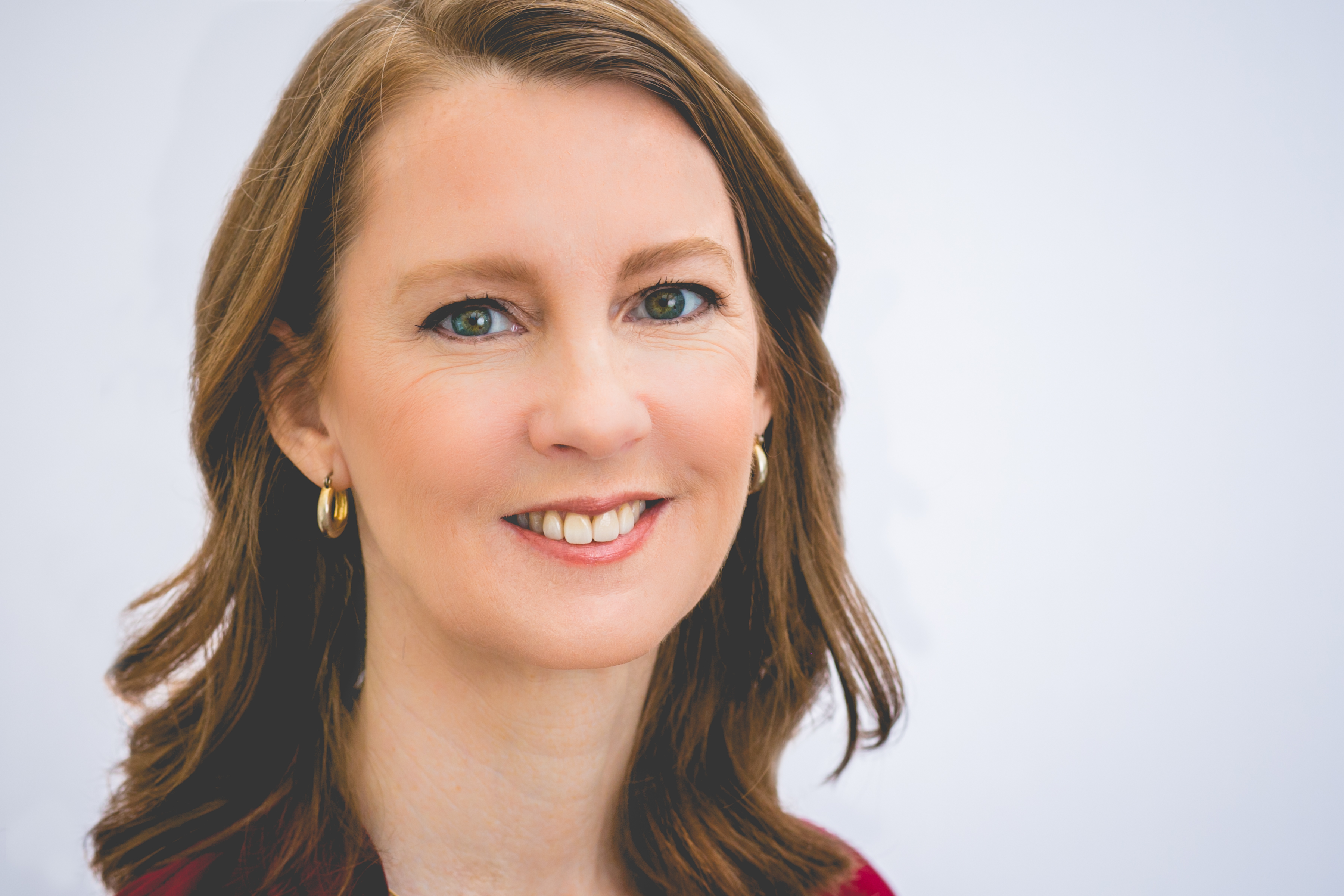Because I study happiness, good habits, and human nature, I’ve done a lot of thinking about New Year’s resolutions. In fact, when I was identifying the Four Tendencies—my framework that divides the world into Upholders, Questioners, Obligers, and Rebels—thinking about various reactions to New Year’s resolutions gave me an important insight into how people see the world differently.
Have you kept a New Year’s resolution where you weren’t accountable to anyone—a resolution like drinking more water or keeping a journal?
a) Yes. I’m good at keeping New Year’s resolutions, even the ones that no one knows about but me.
b) I’m good at keeping resolutions, but I make them whenever the time seems right. I wouldn’t wait for the New Year; January 1 is an arbitrary date.
c) I’ve had trouble with that kind of resolution, so I’m not inclined to make one. When I’m only helping myself, I often struggle.
d) No. I hate to bind myself in any way.
Answers:
A=Upholder
B=Questioner
C=Obliger
D=Rebel
This year, I’m making a New Year’s resolution to delegate more. I need to find ways to get some tasks off my plate, so I can focus on my most important work. I’m an Upholder, so keeping resolutions tends to be easier for me, but I know this resolution is going to be tough. I quit sugar without much struggle, but this aim will be more challenging, because it will require changing the way I work. So how do the Four Tendencies respond to New Year’s resolutions? How can they meet any challenges they face?
Obligers:
Obligers often say, “I don’t make New Year’s resolutions anymore because I never manage to keep them—I never make time for myself.” They’re discouraged because they’ve tried and failed in the past.
The solution is easy: Create outer accountability. Want to read more? Join a book group. Want to exercise? Join a class, work out with a trainer, meet a friend who expects company, think of the duty to be a role model for other people…there are hundreds of ways to build outer accountability. And that’s what Obligers need. It’s not a matter of motivation, setting priorities, putting themselves first; they must have outer accountability to meet inner expectations.
Questioners:
Questioners are good at keeping resolutions that they set for themselves, but they usually start them whenever the time seems right. Often, they won’t wait for the New Year, because they object that “January 1 is just an arbitrary date. And it’s not efficient to wait to do something that I could start now.”
If Questioners struggle, it’s usually because they’re not convinced that this resolution is the best, most efficient way for them to meet their aim—or they don’t trust the judgment of the person encouraging them to make a change.
To do a better job of keeping a resolution, they should do their research, get clarity on why they’re pursuing a certain aim in a certain way, and reassure themselves that this approach makes the most sense. Questioners sometimes face “analysis-paralysis,” when they want perfect information before moving ahead. It’s helpful for them to remember, “At a certain point, it’s not efficient to keep researching. To get the benefit of my resolution, I need to get started without more delay.”
Rebels:
Rebels generally don’t bind themselves in advance, so a New Year’s resolution might not appeal to them. They want to do what they want, in their own way, in their own time—not because they promised themselves they’d do it.
On the other hand, some Rebels love the challenge of a New Year’s resolution: “My family thinks I can’t give up sugar for a year? Well, watch me!” or “Starting January 1, I’m going to work on my novel, and I’m going to finish by December 31st.”
Upholders:
Upholders often make and keep New Year’s resolutions. Upholders are great at this sort of thing.
People often ask me, “Is it a good idea to make New Year’s resolutions?”
The fact is, there’s no one-size-fits-all solution for happiness and good habits. If making a New Year’s resolution appeals to you, try it. If you dislike the idea, don’t. There’s no special magic to it. I think it’s great to have milestones that remind us to consider our lives and how we could be happier, and January 1 is a great opportunity for self-reflection, but whether that’s the New Year, your birthday, an important anniversary doesn’t matter. It’s whatever works for you.
If you want to keep a resolution—for the New Year, or at any other time—knowing your Tendency can help you stick to it. This knowledge provides important clues for how to address any challenges that might come up.
If you’re an Obliger, spending a lot of time focusing on motivation won’t help. If you’re a Rebel, signing up for a class probably won’t work. If you’re a Questioner, you’re not going to follow someone else’s program without questions.
For more on Obligers, Rebels, Questioners and Upholders, check out Gretchen Rubin’s book The Four Tendencies.

Gretchen Rubin is one of the most thought-provoking and influential writers on the linked subjects of habits, happiness, and human nature. She’s the author of many books, including the blockbuster New York Times bestsellers Better Than Before and The Happiness Project. A member of Oprah’s SuperSoul 100, Rubin has an enormous following, in print and online; her books have sold more than 2 million copies worldwide, in more than 35 languages; and on her popular daily blog, gretchenrubin.com, she reports on her adventures in pursuit of habits and happiness. She also has a highly ranked, award-winning podcast, Happier with Gretchen Rubin. Rubin started her career in law, and was clerking for Justice Sandra Day O’Connor when she realized she wanted to be a writer. She lives in New York City with her husband and two daughters.


